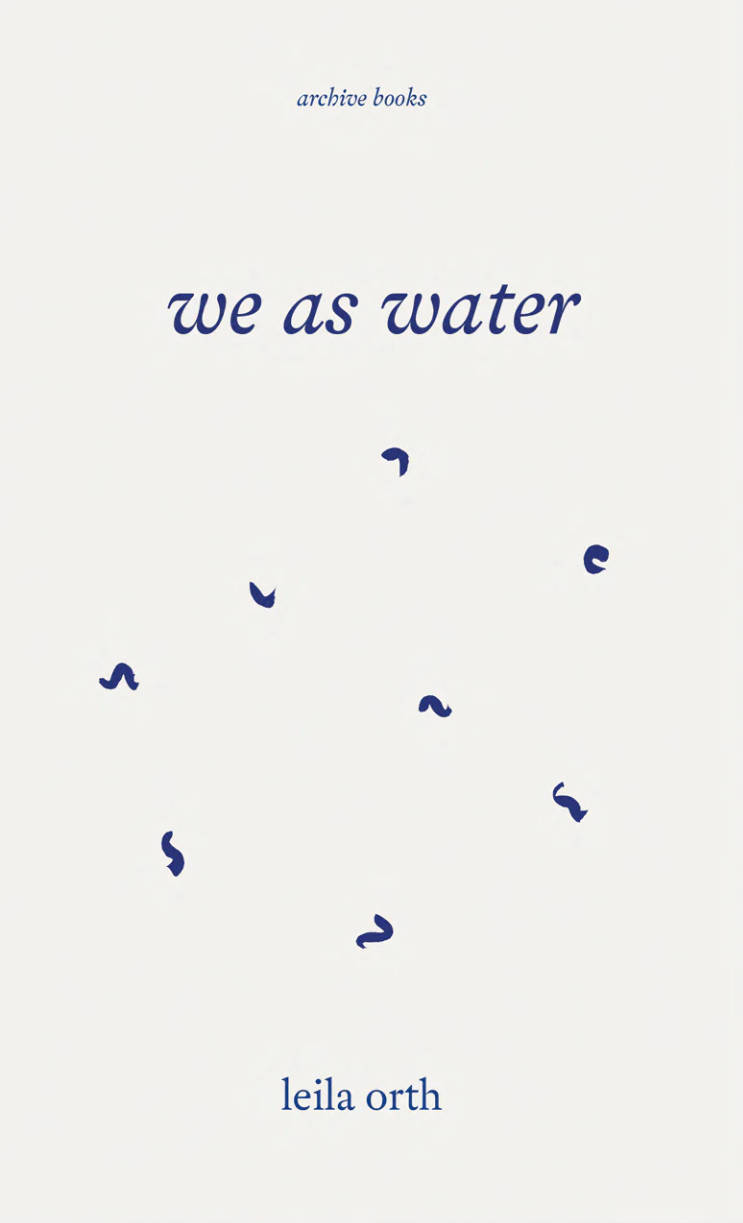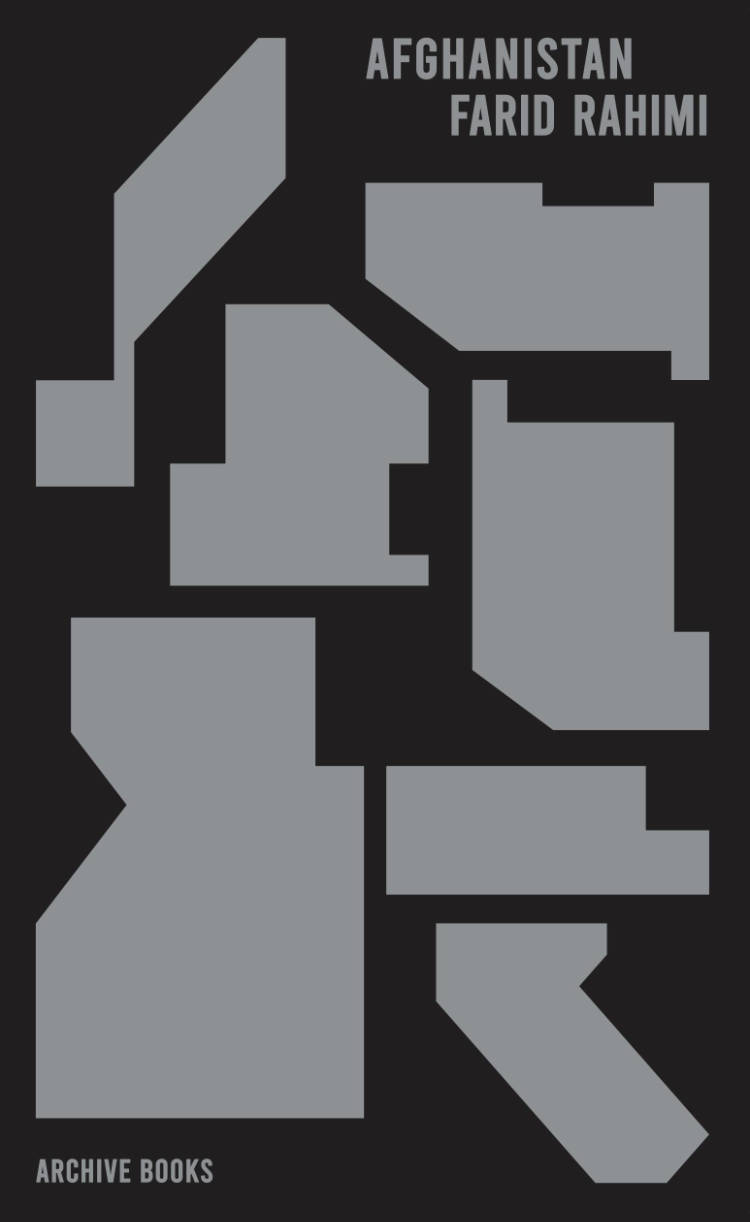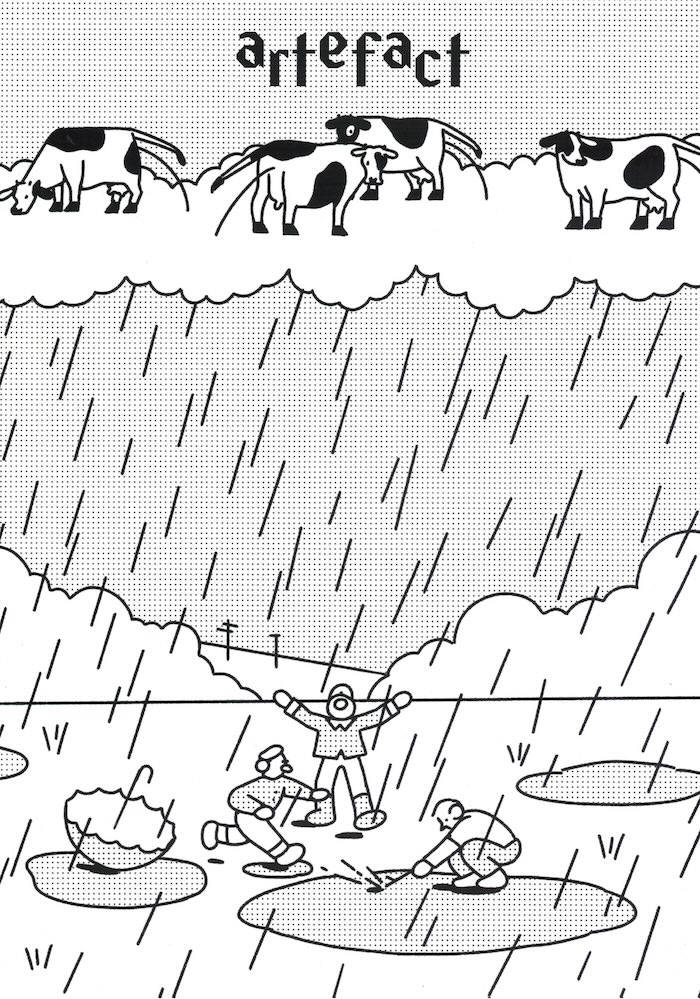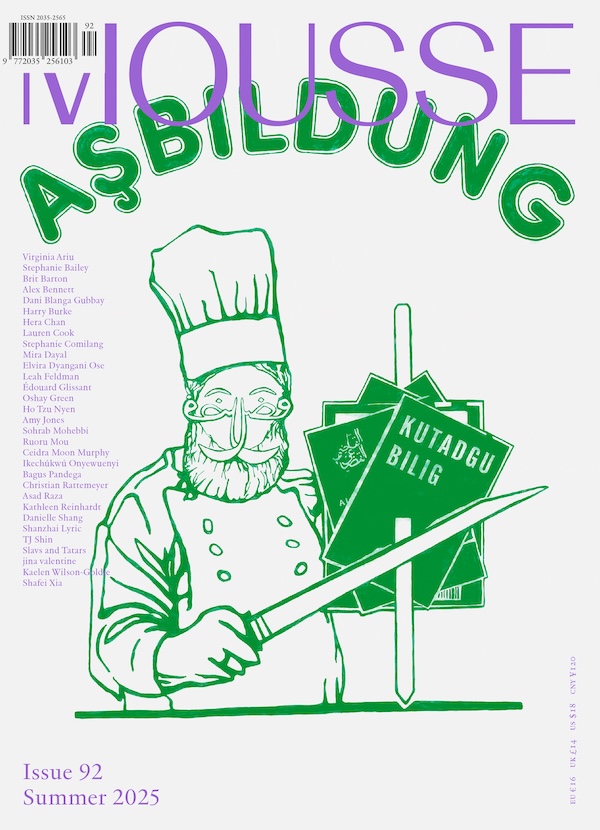
Forgive Us Our Trespasses
The Forgive Us Our Trespasses Reader explores radical and emancipatory significations and fabulations of trespassing, turning towards practices that transgress and reshape the boundaries of, among other dimensions, currency, governance, religion, spirituality, language, and artificial intelligence.
Complementing the thematic concerns of the exhibition of the same name, this collection of essays, poems, artistic contributions, and a sermon, conceptually maps the distance between the English word "trespasses"—with its double meaning of to sin or to physically tread—and the German word "Schuld"—referring to sin and guilt but with etymological proximities to debt (Schulden). Deviating from the line of prayer that lends the project its name, the contributors do not ask for forgiveness for the various trespasses they elucidate—be they religious, social, class-related, national, sexual, or disciplinary in nature—but rather assert them as modes of transgression, as forms of rebellion, and as possibilities for transcendence.
Published on the occasion of the eponymous exhibition at Haus der Kulturen der Welt, Berlin, in 2024.
Contributions by Victoria Adukwei Bulley, Egidija Čiricaitė, Yásnaya Elena Aguilar Gil, Toussaint M. Kafarhire, Mansour Ciss Kanakassy, Chao Tayiana Maina, Bonaventure Soh Bejeng Ndikung, Tavia Nyong’o, Mary Louise Pratt, Josefine Rauch, Deborah A. Thomas, Senthuran Varatharajah, Yuanwen Zhong.
Language: English







